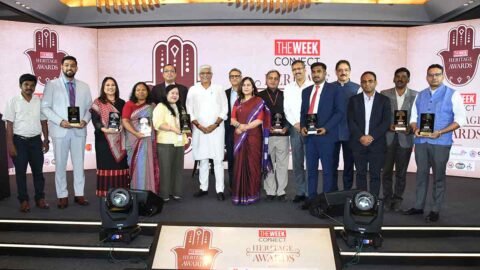Museums Galleries Scotland has backed a new toolkit designed to help the heritage sector explore LGBTQ+ themes in historic sites.
The resource, authored by freelance heritage professional Indigo Dunphy-Smith and funded by the Queer Heritage and Collections Network, stresses the importance of ensuring LGBTQ+ representation in historic spaces, offering advice on research methods, interpretation and engagement.
“Historic places and spaces, where objects, identity and location intersect, have the potential to tell endless stories about our history,” the guidance states.
“This includes queer history, which has often been overlooked or disconnected from mainstream narratives.”
The toolkit – How to Queer Your Historic House – has been informed by Dunphy-Smith’s experiences of staging LGBTQ+ inclusive interpretation for events, workshops and lectures in heritage settings and features a case study from the Georgian House, a National Trust for Scotland property in Edinburgh.
Diverse and representative stories
It has been endorsed by Museums Galleries Scotland (MGS). Ellie Muniandy, senior museum development manager at MGS, said: “How to Queer Your Historic House offers heritage workers a range of approaches which will help them to tell more diverse and representative stories about the past.
“The aims of Indigo’s fantastic guide align with our ambition for Scotland’s museums and galleries to achieve LGBTQ+ equity across their work.
“Our endorsement follows our recent survey on LGBTQ+ representation in the museum sector, which highlighted that museum organisations are seeking resources which will help them to build their knowledge and confidence in this area.”
Dunphy-Smith said: “The guide advocates for contextual storytelling through collections and encourages heritage professionals to be creative and playful in their interpretation.
“It invites the reader to draw on the rich research already available in the field and provides practical steps to implement it into public engagement methods. The endorsement of this resource from MGS is a vital expression of our sector’s commitment to making heritage spaces and stories more inclusive.”





